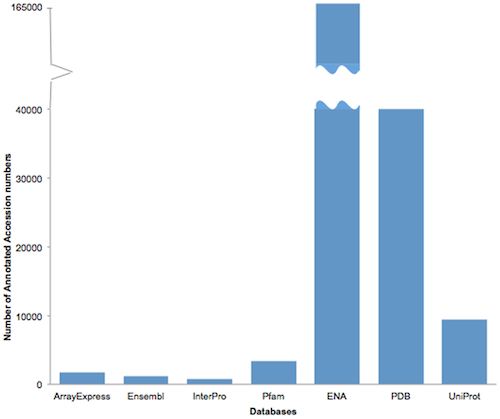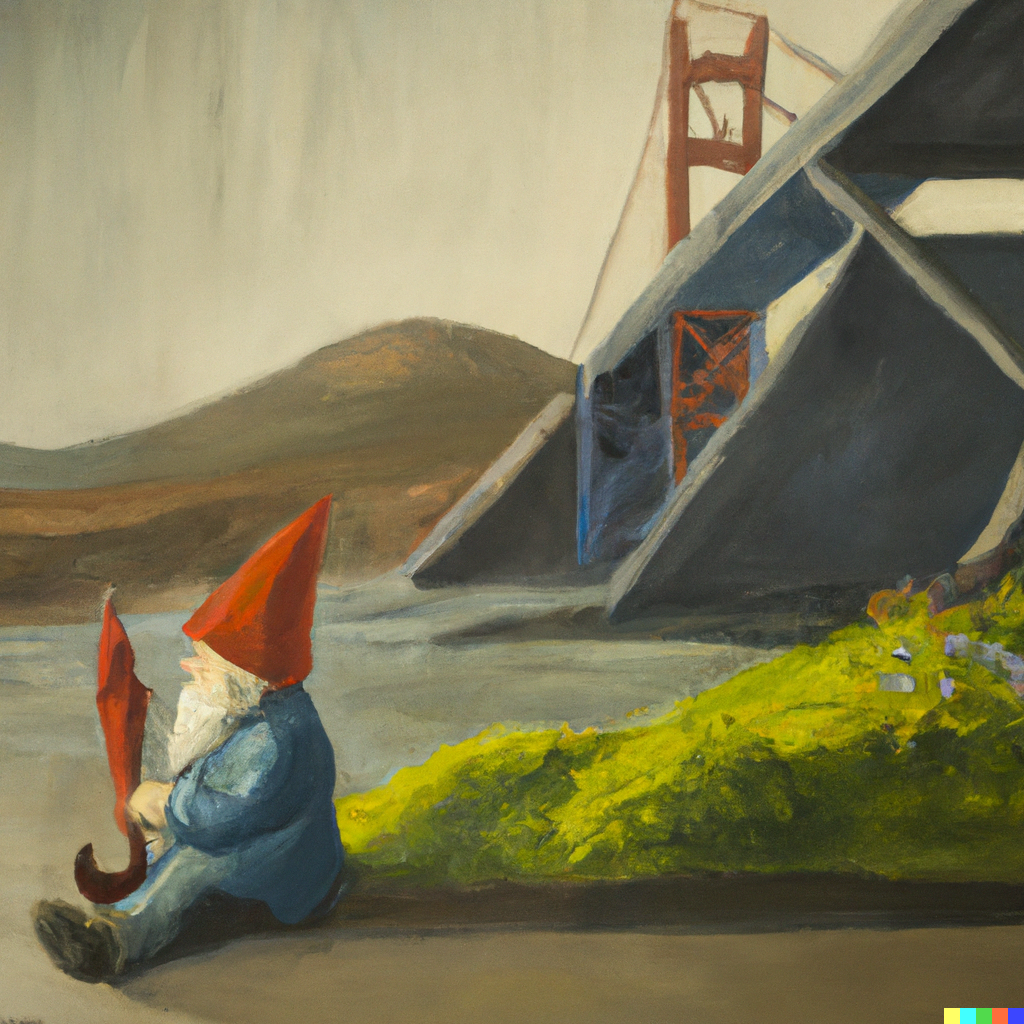
A few weeks ago Kafkas et al. (2013) published a paper looking at current patterns of how datasets o biological databases are cited in research articles, based on an analysis of the full text Open Access articles available from Europe PMC. They identified data citations by: 1. Accession numbers available in articles as publisher-supplied, structured content; 2. Accession numbers identified in articles by text mining;



